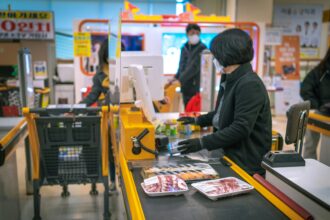Parents across Melbourne are alarmed after a childcare worker faced 70 abuse-related charges this week. The allegations include sexual penetration and producing child-abuse material via electronic services. With over 1,200 children now needing testing, many parents wonder: what can I do to ensure my child’s safety at daycare?
1. Inspect the Childcare Environment
Choose a centre where you clearly observe staff–child interactions. Ask these essential questions:
- Who supervises your child during play, sleep, meals, and toileting?
- What is the centre’s recruitment policy? How often do staff change?
- How do they handle private care moments to prevent incidents?
High turnover is a red flag. Look for long-term educators who engage warmly with children throughout the day.
A safe centre allows spontaneous visits—unannounced spot-checks offer the clearest picture. Watch for transparent nappies/toilet areas and no secluded spaces where supervision lapses.
2. Know Their Safety Protocols
A trustworthy daycare has strong, structured policies. Ask:
- What are the written child-protection and incident-response plans?
- How is staff supervised when changing nappies or putting children down for naps?
- Are workers ever alone with a child? What disclosures are tracked?
If staff hesitate or deflect, consider that a warning sign. Trust your instincts—they can guide you better than smooth answers.
3. Empower Your Child to Speak Up
Start simple, age-appropriate conversations. Use proper language for body parts so kids learn what’s normal.
Model talk during routine care. Ask gentle, specific questions:
“How did Mister James wipe your bottom today? Was that okay?”
Let them know it’s fine to say “no,” even to a hug—and high‑fives are always acceptable.
Encourage honesty. If a child shows discomfort with a caregiver, take it seriously.
4. Push for Systemic Improvements
The issue isn’t only abusive individuals—it’s a system that fails low‑paid, overworked workers. Parents can advocate for:
- ★ Better wages to retain qualified staff
- ★ Tighter checks beyond the basic ‘working with children’ clearance
- ★ Mandatory two‑adult care for all nappy and nap situations
A stronger system protects everyone—especially the most vulnerable.





